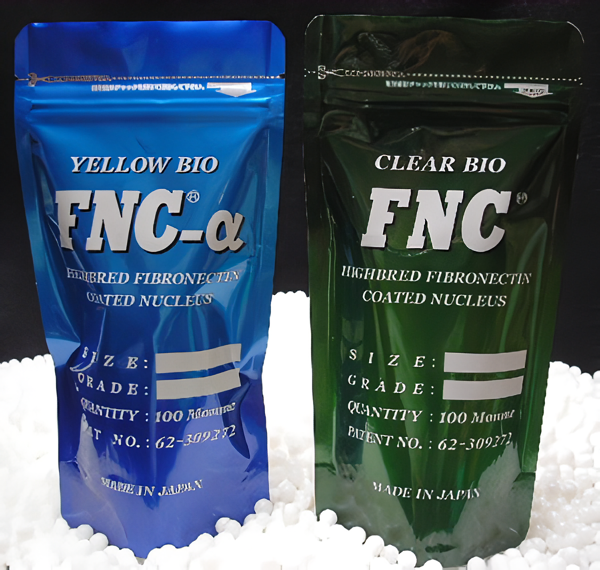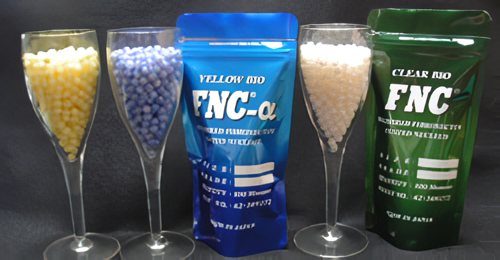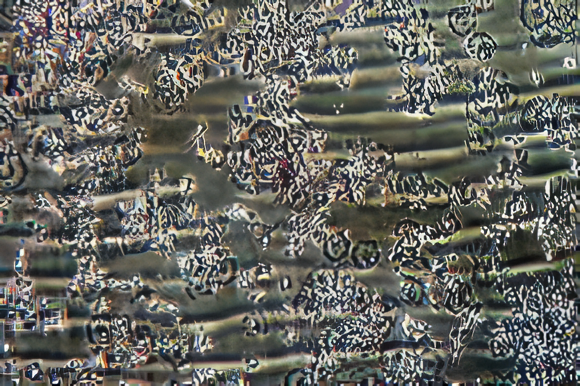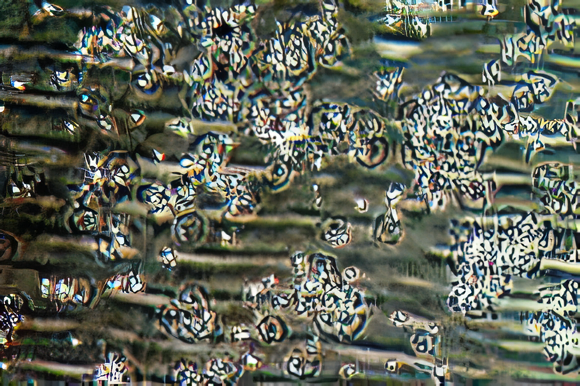FNC-α BIO Nucleus & FNC-Clear BIO Nucleus
FNC-α BIO Nucléus・FNC-Clear BIO Nucléus
Inti FNC-α BIO・Inti FNC-Clear BIO

Fibronectin improves the quality and production yield of pearls in a manner that’s beyond human comprehension. FNC represents a world first. It is a completely new system that involves coating the surface of a pearl nucleus with an organic substance that is effective for pearl cultivation.
Patented (NO.62309272) Registered trademark


The FNC BIO nucleus differs from existing bio-coated nuclei. The FNC BIO nucleus contains a unique mixture of a variety of components and uses the highest quality natural shellfish from the USA (Kentucky Lake). This product combines the superlative nuclei produced by our strict quality control with our ionized integrated coating process, which results in a highly secure bond.
This creates pearl nuclei that work within the gonads of their pearl oysters to produce high quality pearls and promote the health of the oysters.
The difference in cellular adhesion between FNC BIO nuclei and ordinary nuclei
- Using countless fibronectins on the surface of the nucleus causes the cells to adhere more rapidly.
- Less cellular adhesion occurs on an ordinary nucleus.
Note: The images below were taken 10 minutes after dripping the blood of pearl oysters onto the nucleus, seen under a microscope at 100X.


The difference in cellular adhesion between FNC BIO nuclei and ordinary nuclei.

- What are fibronectins?
-
Natural fibronectins are substances produced within the bodies of animals, including the types of shellfish used for pearl cultivation.
Fibronectins are used in medical treatments all around the world, and serve mainly as bonding agents promoting adhesion between cells.
Fibronectins are a type of protein obtained from the blood and bone marrow of animals. Liquid in form, these glycoproteins promote cellular adhesion. In recent years, these substances have become essential in medical treatments worldwide. - Why coat nuclei with fibronectins?
-
These glycoproteins are widely used in medicine because their adhesive properties speed the process of recovery from surgery.
Yet cellular adhesion plays an important role in pearl cultivation as well, and can determine the difference between a damaged or defective pearl and a high quality one. It can also have an impact on the mortality of the parent oysters.
Fibronectins can help speed the formation of high-quality pearl sacs, but beyond this, their main function is to accelerate the creation of pearl layers by making countless footholds on the surfaces of nuclei.

